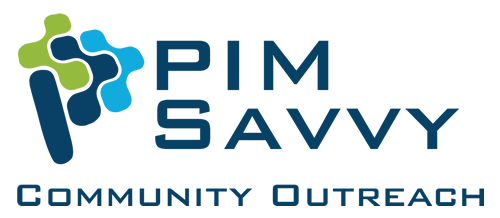Did you know that there are specific rules for health care workers regarding overtime?
That’s right. Nurses have their own specific overtime law and changes were made effective January 1, 2020. These changes protect health care workers from being required to work overtime shifts unfairly. In addition to Licensed Practical Nurses (LPNs) and Registered Nurses (RNs), beginning July 2020 the law expanded to include Surgical Technologists, Diagnostic Radiologic Technologists, Cardiovascular Invasive Specialists, Respiratory Care Practitioners, and Certified Nursing Assistants.
The mandatory nurses overtime law states that “Certain employees of health care facilities may not be required to work overtime, and cannot be compelled or forced to work beyond their predetermined regularly scheduled shift. Employees who work more than 12 consecutive hours must be given the option to have at least eight consecutive hours of uninterrupted time off.” Please see Overtime for Health Care Workers (wa.gov).
Certain health care facilities were given extra time to adapt to these changes, but all facilities must be following the law as of July 1, 2021.
Exceptions to the rule are specified, however. Please see WA State Legislature RCW 49.28.140.
These include:
- Unforeseeable emergent circumstances.
- Pre-scheduled on-call time.
- When the employer documents a failure to obtain staffing after a “reasonable effort.”
- When a patient care procedure is underway and the absence of the employee could have an adverse effect on the patient.
The L&I webpage pays particular attention to the Reasonable Effort exception, noting specific documentation of the following to meet the exception:
- Volunteer nurses were sought to fill the shift.
- Qualified nurses who made themselves available to work were contacted.
- Per diem staff were sought to fill the shift.
- Nurses from a contracted temporary agency were sought to fill the shift.
L&I also notes that employers are not allowed to use this exception to mandate overtime if they are chronically short-staffed. Organizations are defined as being chronically short staffed if the answer is “Yes” to any of the following questions:
- Have shift vacancies been a long-standing issue?
- Is the facility understaffed?
- Are there frequent “holes” in the schedule?
Employers and employees may have several questions regarding overtime rules for these employees. Some employers may be wondering what the definition of an affected health care employee is. Other employers may want to know what health care facilities these rules apply to. Employees may want to know how to file a worker’s right complaint.
Do you have questions about overtime for healthcare employees, or anything else L&I related? PIM Savvy is ready to help you with these and other topics individually over the phone, via online meetings, or in person at one of our virtual workshops. Call or text our (FREE to you) workplace safety info line at 206-565-2961. We have safety and labor expertise to share with you and we can connect you with L&I.
Or you can contact L&I directly about this topic:
Jay Scovell 360-902-4930 or via email at scja235@Lni.wa.gov.
Cheers!
PIM Savvy Inc.
Additional Resources:
Overtime for Health Care Workers (wa.gov)
49.28.130 -Hours of health care facility employees (apps.leg.wa.gov)
![]()

